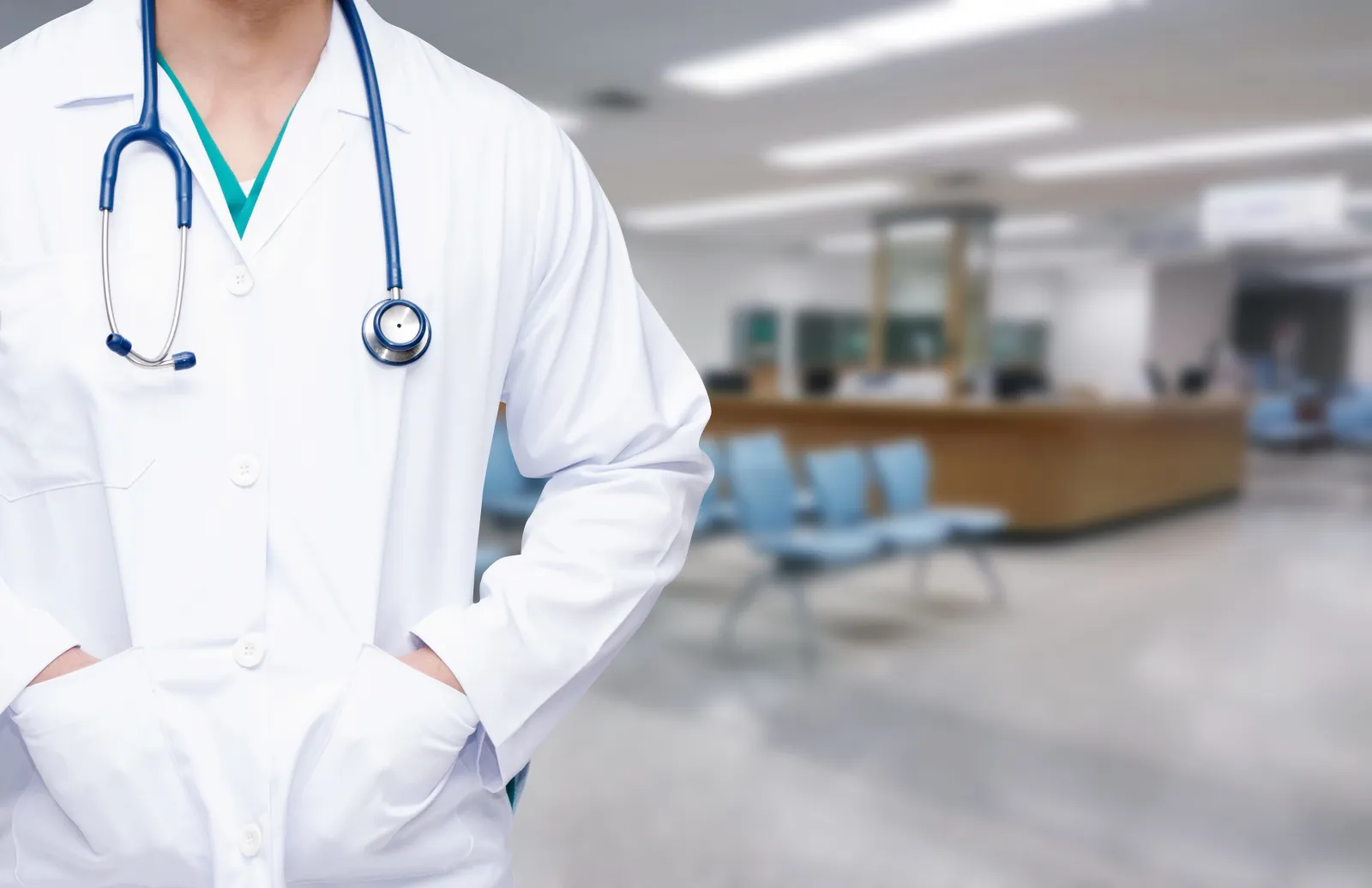
For the better part of 2020, COVID-19 has been the top public health crisis facing Americans. The risk of contracting coronavirus has resulted in mandated social distancing measures and shelter-in-place orders across country. These directives, along with a healthy dose of fear, have caused people to postpone routine medical care, checkups and screenings. One particular area of concern is care related to cancer.
Postponing screening measures specific to cancer, such as mammograms and colonoscopies, poses a real danger across a wide spectrum of care and research. Fewer cancers are being diagnosed, and for existing cancer patients, treatment regimens are being stretched out into less frequent encounters. Clinical trials have also seen patient enrollment plummet in the past several months.
A recent National Cancer Institute (NCI) model looking only at breast cancer and colorectal cancer predicts there will be a 1% increase in the number of expected deaths in the U.S. during the next 10 years because of pandemic-related delays in diagnosing and treatment. That amounts to nearly 10,000 excess deaths in that time span, with most of the rise coming within the next two years. And that model assumes cancer care that has been delayed by the coronavirus to date rebounds by the end of the year.
While postponing procedures and deferring care to minimize risk of exposure to COVID-19 is important, ignoring life-threatening, unrelated conditions such as cancer for too long could simply be trading one health risk for another.
The NCI estimates a drop of 75% in mammograms since March. Whether upstaging (the term for diagnosing cancer at a later stage) will become a problem depends on the type of cancer. Some cancers aren't as high of a risk because their growth can be slow enough that a three- or six-month delay won't matter. But with lung cancer, for example, even a month's delay can be harmful or fatal.
Certain adaptations made by providers treating cancer patients, as well as researchers running cancer clinical trials have been implemented to ensure the continuum of care is minimally interrupted for patients. These adaptations include telemedicine visits for some care and oral consent by phone to participate in trials. However, there is still a large number of tests, screenings and treatments that require in-person visits to see a provider. In these cases, providers must minimize and eliminate exposure risk within the clinic setting.
Summit Medical understands the importance of continuing to provide care, screenings and treatment, and is actively taking steps to mitigate exposure risks for our patients. For high-risk patients or those who are not yet comfortable with visiting their provider, Summit offers the option to participate in telemedicine visits. We have put into action a COVID-19 phone triage and testing plan to evaluate patients with respiratory symptoms and fever in accordance with Centers for Disease Control (CDC) guidelines. For applicable patients, the triage center will provide patients with the time and location of their appointment, allowing our clinics to continue to focus on providing quality care for all of our patients. Additionally, we have implemented enhanced cleaning protocols at all clinics that are above our normal stringent cleaning policies, especially in high-contact surface areas such as lobbies, bathrooms and patient areas.
The coronavirus pandemic is a public health risk that all of us should be concerned about, but it is equally, if not more important to remember that the steps we choose to take to diminish that risk can significantly impact other areas of our health. It's vital we recognize all the tradeoffs we make when we choose to focus on one preventative measure versus another in order to find the right balance.
